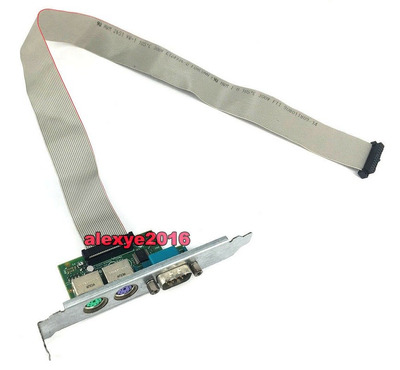First post, by Kahenraz
- Rank
- l33t
I thought that I would experiment with a Dell Optiplex 760. It seemed like a good fit for a retro machine with Windows 98 and possibly even DOS support. However, it does not have any native PS/2 ports and the legacy USB support is completely broken. I had a similar problem with USB being having problems in pure DOS on the nForce 2 chipset, but it worked fine in Windows 98. It would "just work" on this Intel chipset, but it may be a result of a poor implementation in the BIOS.
When using a USB keyboard in DOS, key presses act very strangely. Auto-repeat (key presses repeating when held down) do not work. And when paying games, key presses buffer strangely, keys seem to stay held down, and then nothing responds as expected. I always have to do a hard reset at this point, because I can't navigate to the menu exit. This is as tested in Doom and Quake. Using a PS/2 keyboard with a USB adapter seems to fix the auto-repeat issue, but key presses are still messed up in games.
I then thought about shelving the idea of using DOS and wanted to try Windows 98. Typing in pure DOS seems to be okay, but as soon as the Windows setup GUI started up, I had all of the same problems as playing games. I can't type, key presses disappear and restart at random, and there is no way to reliably navigate the menus with tab in this state.
Has anyone ever tried using one of these old Dell machines for a retro computer and found a workaround for the broken USB keyboard support in DOS and Windows setup?
This problem occurs exactly the same even when using FreeDos 1.3. I also tried running "KEYB US,,KEYBOARD.SYS" and it made no difference.
